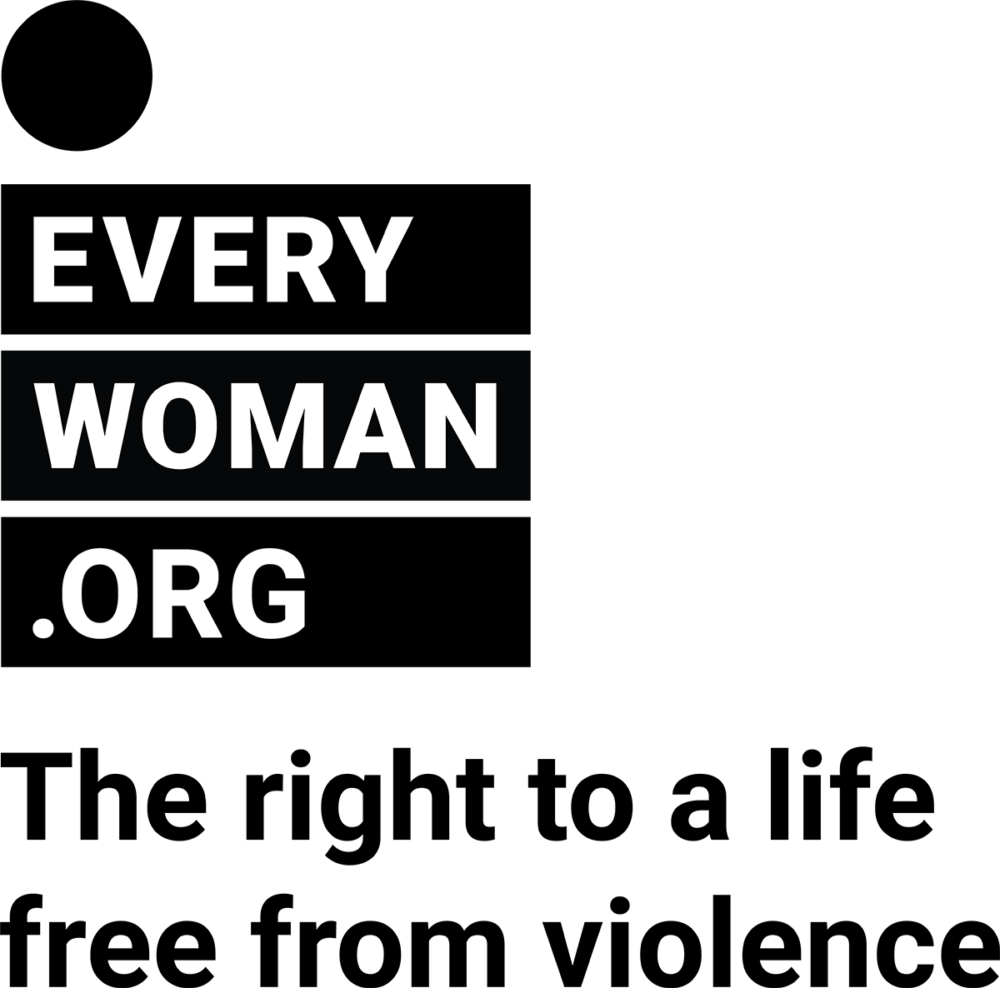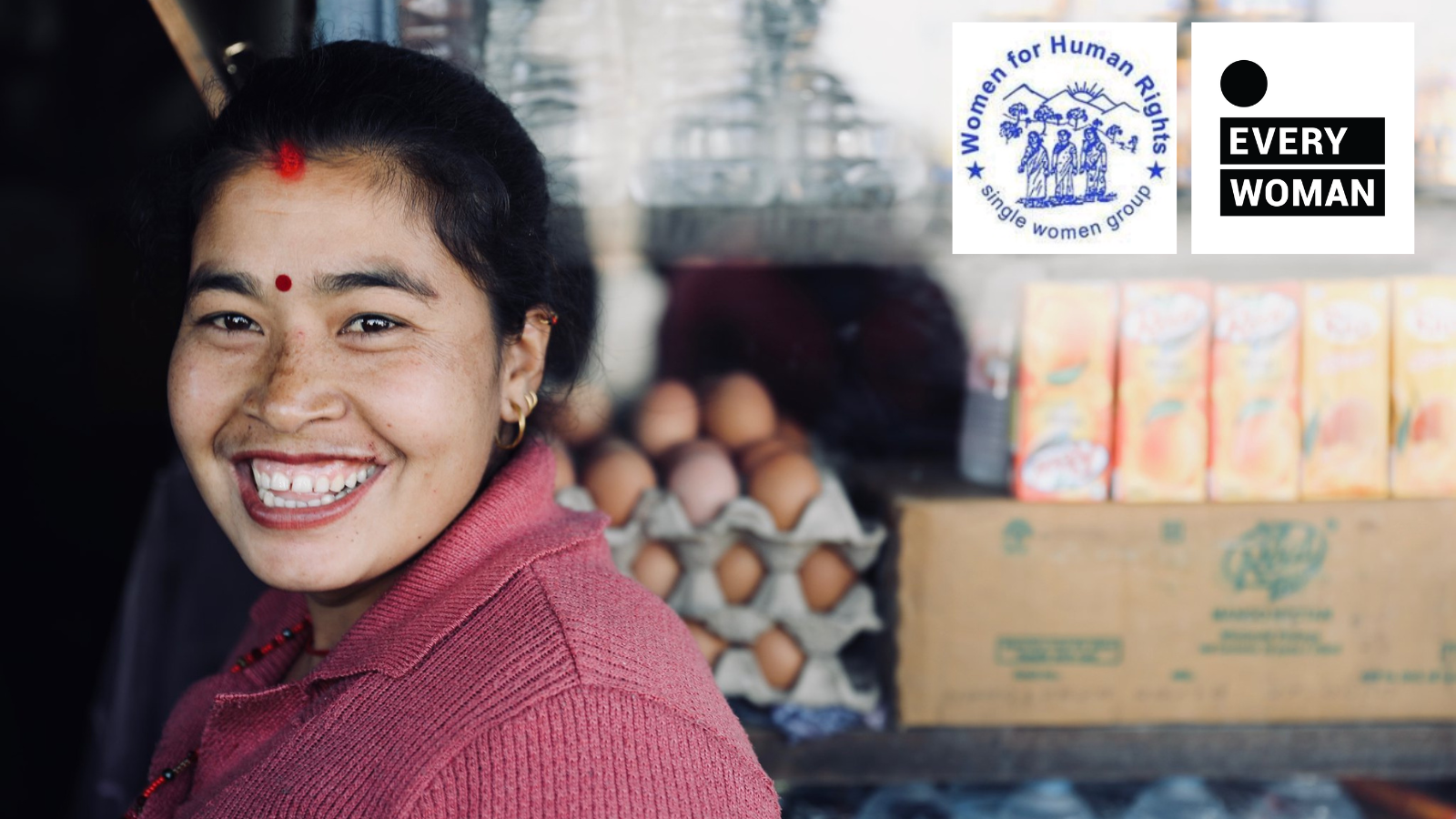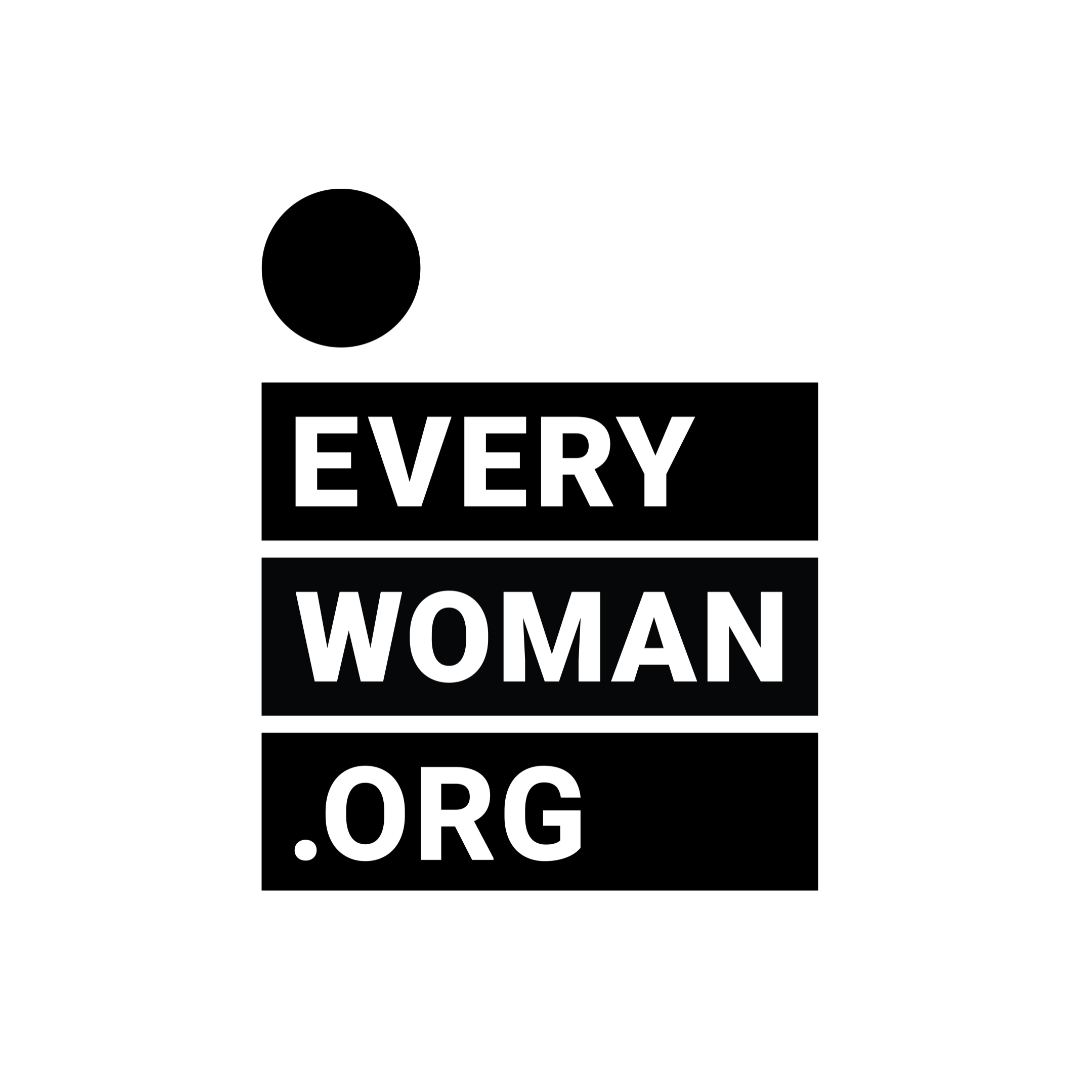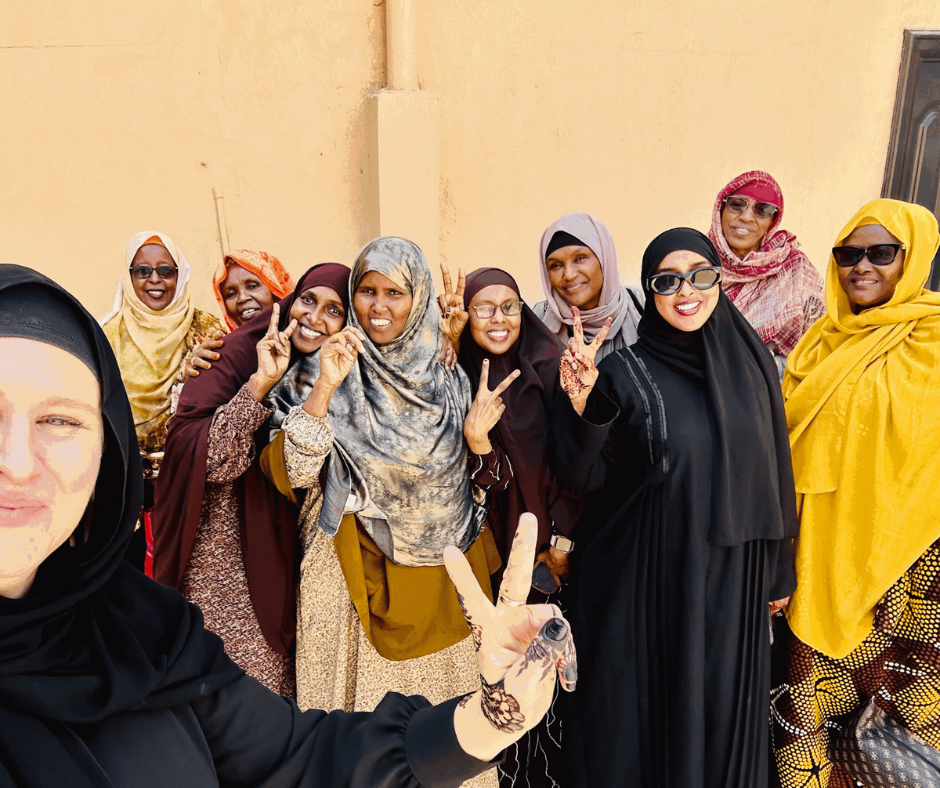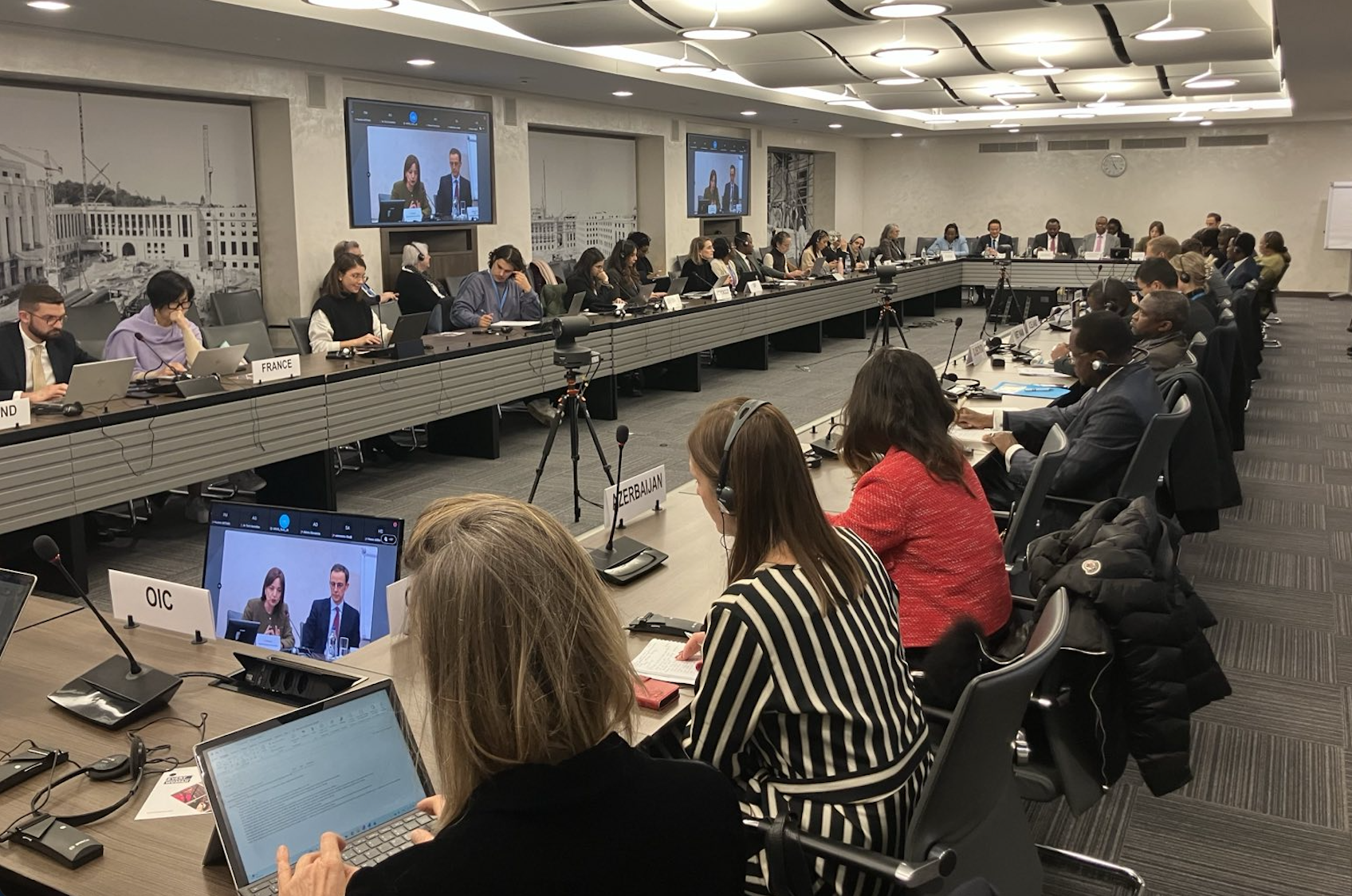Dear Global Community,
We’re pleased to share that Every Woman will be in Doha, Qatar, for the Second World Summit for Social Development and will be cohosting a virtual solutions session with Women for Human Rights – Nepal:
THE PRICE OF INACTION
The Economic Costs of Violence Against Women & Girls and What Budgetary Priorities Can Teach Us
5 November 2025
2:00 – 3:30 PM AST (UTC+3)
7:00 – 8:30 AM EST
Register for this VIRTUAL session HERE
This event will bring together UN Member States, UN agencies, trade unions, and civil society leaders to explore how the economic and social costs of violence against women and girls translate into national development challenges.
Our discussion will emphasise that investing in women’s safety, rights, and participation is not only a moral imperative but an economic necessity and a cornerstone of sustainable development.
 Moderated by Dr. Farida Bena, Director of Diplomacy at Every Woman, speakers include:
Moderated by Dr. Farida Bena, Director of Diplomacy at Every Woman, speakers include:
 Ms. Chantal Yelu Mulop, Special Advisor to the Head of State DRCONGO in charge of Youth, Violence against Women and Human Trafficking, Democratic Republic of the Congo
Ms. Chantal Yelu Mulop, Special Advisor to the Head of State DRCONGO in charge of Youth, Violence against Women and Human Trafficking, Democratic Republic of the Congo
 Ms. Heran Ayele, Technical Advisor, Spotlight Initiative, presenting lessons from the Spotlight Initiative on the economic impact of ending violence against women and girls
Ms. Heran Ayele, Technical Advisor, Spotlight Initiative, presenting lessons from the Spotlight Initiative on the economic impact of ending violence against women and girls
 Ms. Paola Simonetti, Director of the Equality Department, International Trade Union Confederation, presenting on the socio-economic impacts of violence against women and girls in the world of work
Ms. Paola Simonetti, Director of the Equality Department, International Trade Union Confederation, presenting on the socio-economic impacts of violence against women and girls in the world of work
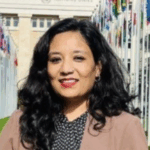 Ms. Upasana Rana, Executive Director, Women for Human Rights – Nepal, presenting on how predictable budgets can change service provision and/or prevention locally
Ms. Upasana Rana, Executive Director, Women for Human Rights – Nepal, presenting on how predictable budgets can change service provision and/or prevention locally
We would be honoured to have you attend and engage in this critical dialogue.
Please find the full concept note below.
Register HERE
Contact: Mr. Amjad Chatila, Diplomacy Coordinator, Email: amjad@everywoman.org
See you on 5 November!
__________________
Solutions Session – Concept Note
THE PRICE OF INACTION: The Economic Costs of Violence Against Women & Girls and What Budgetary Priorities Can Teach Us
Context and Rationale
The Copenhagen Declaration (1995) affirmed that social development is inseparable from human rights, gender equality, and women’s empowerment. Yet three decades later, violence against women and girls (VAWG) remains one of the most pervasive human rights violations worldwide. Globally, at least 30 per cent of women face sexual and/or intimate partner violence in their lifetime; in humanitarian settings, that figure increases to around 70 per cent.
Violence against women and girls (VAWG) is not only a human-rights and public-health emergency but a major economic burden. Multiple global studies estimate that VAWG imposes very large economic costs, conservatively estimated at USD 1.5 trillion annually worldwide, and in specific country studies, losses have been measured at up to 3.7% of GDP, figures comparable to or larger than important public spending lines such as primary education.
At the regional level, the economic burden is also huge: for example, across the European Union, the cost of gender-based violence was estimated at EUR 366 billion per year. Yet international and domestic financing for GBV/VAWG prevention and response remains disproportionately small: less than 1% of gender-equality-related official development assistance is directed to GBV programming in many analyses, and domestic budget allocations are often fragmented or non-existent.
As of 2023, only 27 countries globally have specific budget lines or comprehensive tracking for funding to end VAWG, an indication that dedicated financing remains the exception rather than the norm. Embedding VAWG in national development priorities, with robust budget tracking and multi-sectoral coordination, dramatically increases financial commitment and institutional accountability.
This online event will explore the gap between the potential cost of VAWG and current national budget allocations to end such violence, highlighting both challenges and pathways for effective financial prioritisation.
This side event brings together economists, finance ministry officials, gender experts and civil society to:
(a) lay out the evidence on the economic cost of VAWG;
(b) examine how and where countries have translated political commitment into budgetary action; and
(c) propose concrete financing and budgeting practices (including gender-responsive budgeting and ring-fenced allocations) that scale effective prevention and survivor-centred response.
Objectives
This Solutions Session aims to:
- Reaffirm the Copenhagen Declaration’s principle that gender equality and elimination of VAWG are foundational to social development and humanitarian action.
- Present the latest evidence on the macro- and micro-economic costs of VAWG and the fiscal implications for governments and development partners.
- Showcase the potential of tackling VAWG for economic growth and inclusive development through an intersectional analysis of country case studies (what some Member States funded, how they budgeted it, results, and gaps).
- Identify practical budgeting and financing instruments (e.g., gender-responsive budgets, dedicated budget lines, multi-sector funds, performance-linked allocations, and social investment business cases) that can be replicated/adapted.
- Produce an actionable short checklist for finance ministries and civil society for the Summit outcome document and follow-up advocacy.
